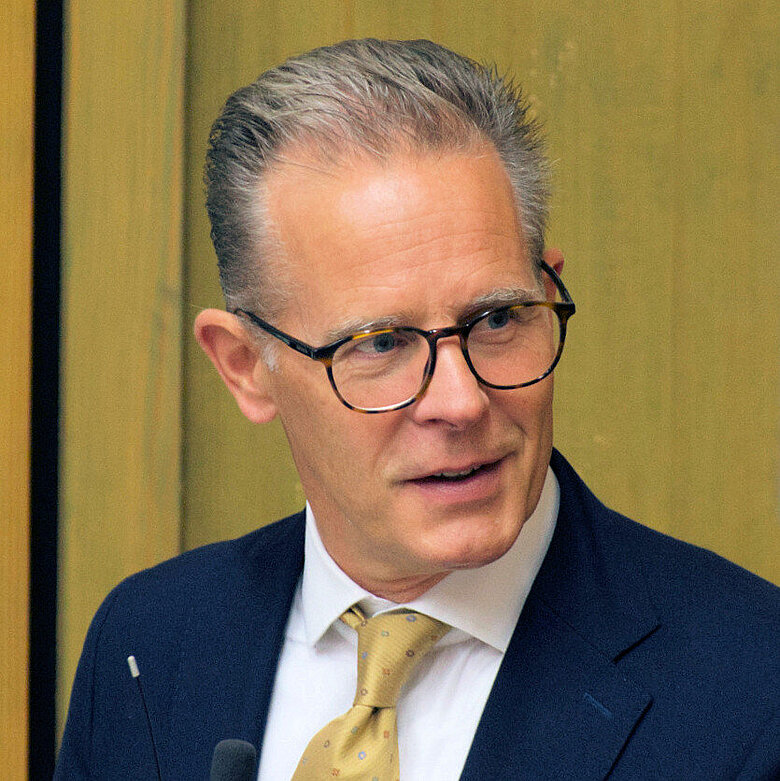"Organic Crystallization Chaperones"
Biography
Clemens Richert studied Chemistry at the Universities of Münster (Pre-Diploma, 1987) and Cologne (Diploma, 1990). For his diploma thesis (with E. Vogel) he synthesized functionalized porphycenes as photosensitizers for photodynamic therapy. He obtained Ph.D.'s in Human Biology from the LMU Munich (with K. Messmer, Institute for Surgical Research, 1993), and in Chemistry from the ETH Zurich, (with S.A. Benner, Laboratory of Organic Chemistry, 1994). In 1995, he started independent studies as Assistant Professor at Tufts University, and in 1999, he accepted an associate professor position at the University of Konstanz. In 2002 he became professor at the University of Karlsruhe (TH), before moving to his current position at the University of Stuttgart in 2008, where he holds the chair in Biological Chemistry at the Institute of Organic Chemistry. His research interests include the organic, bioorganic, and medicinal chemistry of nucleic acids and other organic compounds, molecular recognition phenomena, chemical replication, structure elucidation, and prebiotic chemistry.
Peer Recognition
Clemens Richert is president of the German Nucleic Acid Chemistry Society (Deutsche Nucleinsäurechemie- gemeinschaft e.V.; DNG). He was awarded a Fritz ter Meer Undergraduate Fellowship (Bayer AG, Leverkusen), a Hanns-Seidel doctoral Fellowship (HS-Foundation, Munich), a Kekulé-Fellowship of the Federation of the German Chemical Industry, a Ph.D./Study award for his studies in chemistry (VCI, Frankfurt), a FIRST Award (NIH, USA), a CAREER Award (NSF, USA), the ORCHEM-Award (GDCh) and the Howard Lectureship (Australia)











